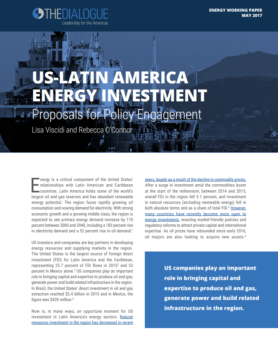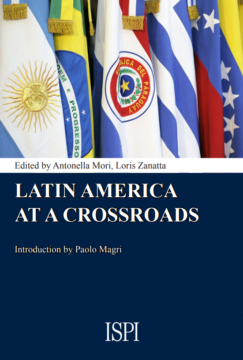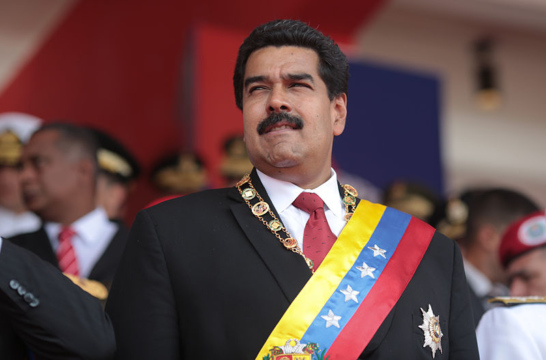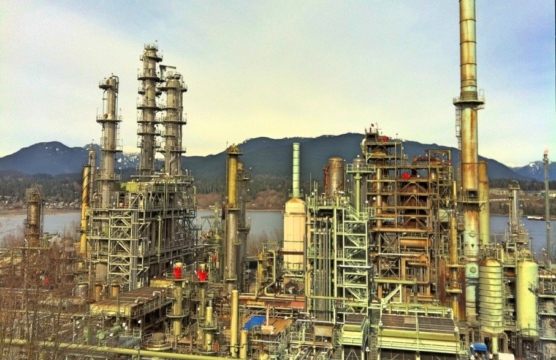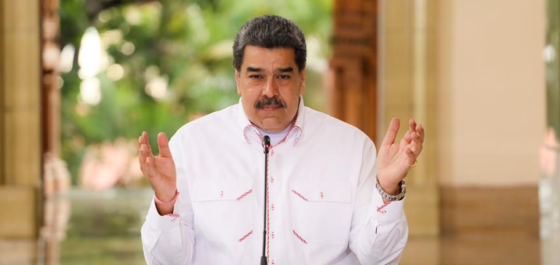
Does the U.S. Want Warmer Relations With Maduro?
A Latin America Advisor Q&A featuring experts’ viewpoints on relations between Nicolás Maduro’s government and the Biden administration.
A Latin America Advisor Q&A featuring experts’ viewpoints on relations between Nicolás Maduro’s government and the Biden administration.
The 41 percent drop in China’s first quarter GDP, compounded by the global oil price rout, has been something of a worst case scenario for the region’s producers.
Once a major OPEC producer, Venezuela has witnessed a spectacular fall in oil production over the last 20 years under Hugo Chávez and Nicolás Maduro. In 2019, U.S. sanctions hastened this decline. Will Venezuela ever reclaim its place as a top oil producer?
Lisa Viscidi and Nate Graham spoke with S&P Global Platts about the findings of a new report which argues that Western oil companies will be needed to revive Venezuela’s oil sector. They discuss the obstacles that could affect whether these firms increase production in the country under a new government, including US sanctions uncertainty, high taxes, and a shortage of workers and working infrastructure.
With Venezuela’s state oil company in disarray, international oil companies will be the key to tapping the country’s oil resources. The Inter-American Dialogue interviewed eight large Western oil companies about the conditions that will determine how rapidly, and to what degree, they start or ramp up operations in Venezuela following a political transition.
Brazil has vast oil reserves, but can the Bolsonaro government get the energy to market? Lisa Viscidi tells Richard Miles of CSIS that reforms are already in place that will enable oil production “to take off.” The real obstacles are the financial stability of Petrobras, the shaky state oil conglomerate, and the monopoly that the state has on most aspects of energy production, delivery, and even retail sales.
Even if Juan Guaido or another opposition figure finally takes the reins and starts fixing the oil sector in Venezuela, it will take years before oil exports can provide the economic boost needed to pull the nation out of the morass. Venezuela’s oil industry has been severely damaged, and there are questions about the long-term economic viability of its oil fields. Venezuelans will likely be disappointed with the pace of the economic turnaround under any new government—a risk that poses a real threat to political stability. Expectations ought to be tempered.
China this month agreed to extend $5 billion in credit to Venezuela as the South American country faces severe economic problems including hyperinflation and dire shortages of food, medicines and basic goods. Finance Minister Simón Zerpa announced the credit line as President Nicolás Maduro was departing for China to seek…
Lisa Viscidi, Director of the Energy, Climate Change and Extractive Industries Program, testified before the US House of Representatives Committee on Foreign Affairs on the subject of “Energy Opportunities in Latin America.”
While the Trump administration’s “America first” policies are aimed primarily at giving higher priority to national security and economic growth for the United States, the White House’s approach will have impacts on energy relations with the rest of the hemisphere that should also be considered.
Across Latin America, the sustained decline in global oil prices has had a profound impact on economic growth, political stability and the viability of resource nationalism – when governments assert more control over the nation’s natural resources.
Venezuela’s oil industry has been in decline for years due to mismanagement and lack of investment. But this year, the industry’s problems seem to have multiplied as a result of the sharp decline in global oil prices.
How the State Wrecked the Oil Sector—and How to Save It
As global oil prices collapsed over the last two years, regional governments have started to lose their leverage in the energy industry. To attract international investors, they must offer increasingly favorable terms, which means ceding more of their own control.
Crude oil exports from Latin America to the US have plummeted as oil production in the region has slumped while demand is on the rise.
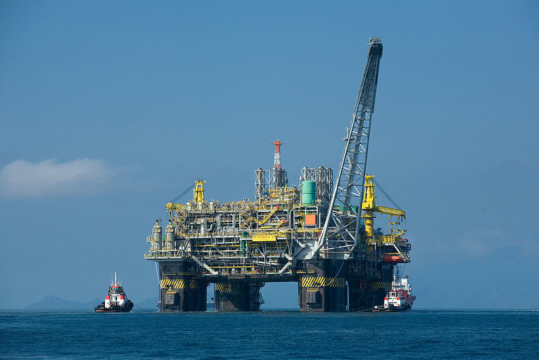

 Video
Video
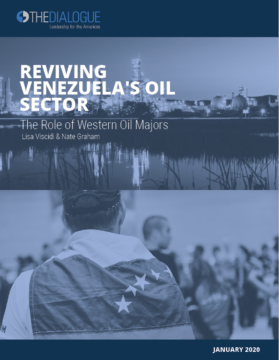
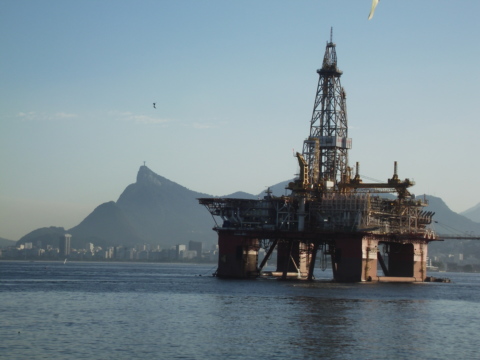 Video
Video
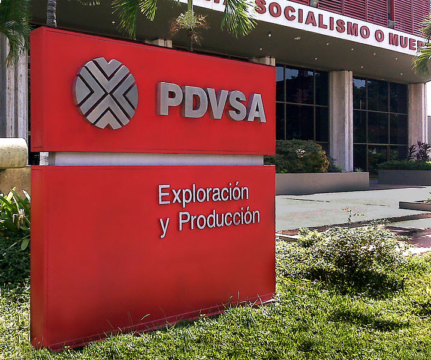
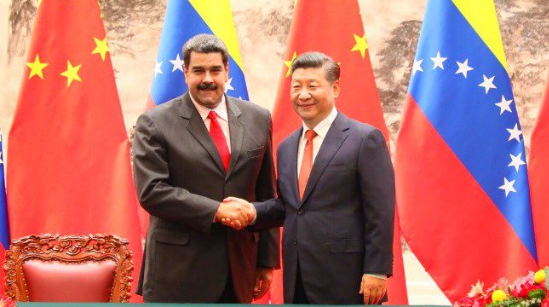
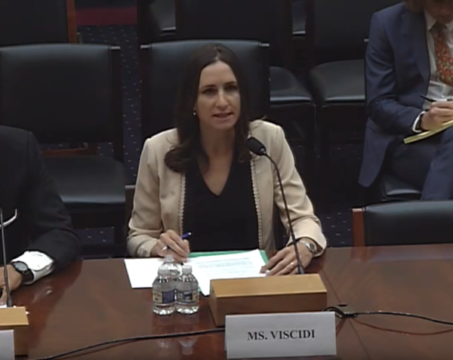 Video
Video
